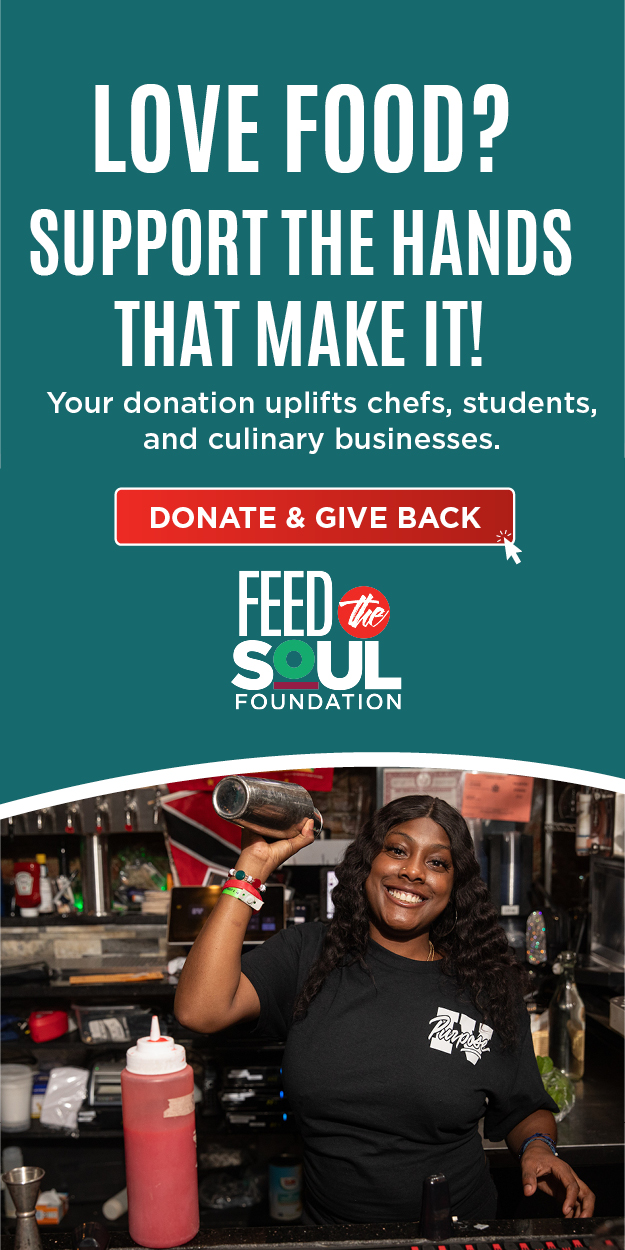A fish diet kept Keyia Yalcin’s beloved Alaskan Husky, Arti, in superior health for 11 years. Now, the animal lover and owner of FIshnet Baltimore hopes to spread the wealth of health to more pups – and to the environment – by upcycling fish scraps into premium, pescatarian pet food.
“We would feed Arti the same things we were having,” says Yalcin. “We have this beautiful non-fillet that we can’t just throw away. If we grind it down, it’s good for dogs.”
The result will be Fishies, a pet food brand that’s still in development but already positioned to meet the demands of a global shift toward sustainability, in general, and reducing food waste in particular.
In September 2021, the Biden Administration announced plans for a multi-year investment of more than $10 billion to help build sustainable, resilient food systems, with specific efforts targeted at reducing food loss and waste. Tech startups have been racing to provide grocers with algorithms aimed at reducing food waste by more accurately forecasting restocking needs for fresh and perishable goods. And just this month, Del Monte, one of America’s largest food producers and distributors, added to its line of Upcycled Certified products, which they say has helped divert more than 25 million pounds of food from landfills. Not to mention greater public awareness of concepts like food insecurity and climate justice – and more and more calls for those in power to do something about it.
But the idea for Fishies coincides with another shift in the cultural landscape: the growing number of Black people who are either embracing or reclaiming their connection with nature. Black people are gardening, foraging, bird watching, camping, hiking, going vegan, and, now, starting businesses based on upcycling and sustainable practices.
“What I’m finding is that people are breaking on consciousness lines,” Yalcin says. “Black people are just as sustainable, natural, green and tree hugging as the next folks.”

Fishnet Baltimore reduces food waste by repurposing salmon cut offs into croquettes and slow cooking fish bones for soup stocks.
Waste not, want not
Over the past decade, Yalcin and her husband, Ferhat, have operated several restaurant concepts focused on the idea of providing fresh food at accessible price points, giving them a holistic view of the restaurant industry and its changing culture and socioeconomic landscape. They’re in tune with both the possibilities of the future and the limitations of what the industry can currently accommodate when it comes to sustainable operational and logistical practices.
“There is this very core philosophy: Waste not, want not,” she says. “But to live that means a lot of things.”
For one, Fishnet doesn’t even have a freezer – an accountability measure that helps them live up to their promise of serving fresh fish. They’ve also worked to optimize their prep processes to make use of every part of their seafood filets, from repurposing salmon cut offs into croquettes to, slow cooking fish bones for soup stocks. Though those are incredibly resourceful practices, it means Fishnet doesn’t actually produce enough waste to be the sole source for Fishies. But, Yalcin realized, their suppliers do.
Big fish processing and distribution companies discard hundreds of thousands of pounds of non-fillet fish parts – most of which could be processed into secondary goods. When Yalcin was first workshopping Fishies, they sent her scraps for free. If she wants to order bulk – just 0.25 cents per pound.
Building a community of sustainability
In 2021, Fishnet was accepted into the Feed the Soul Foundation’s Restaurant Business Development Cohort, which provided resources, training, and funding to help advance their next culinary endeavors. The grant completely funded the first round of development for Fishies, and paired Yalcin with Ali Manning – a food scientist and consultant who helped her comply with regulatory bodies like the Food and Drug Administration and the Association of American Feed Control Officials.

Keyia Yalcin, owner of Fishnet Baltimore and the soon-to-be-released brand, Fishies.
But balancing new ventures with bustling restaurants and family is a big undertaking. “You’re just trying to get through what the day throws at you,” Keyia says. But deeper reflection keeps her focused on forging ahead. “I have this desire to be an example. I think that I could just be comfortable and have a quiet life, but I remember growing up and having examples.”
A crew of young folks of color run Keyia’s restaurant with a sense of ownership that leaves her with the time needed to develop the Fishies brand off site – currently her home kitchen. Her staff knows to set aside the scraps she’d like to use, which she swoops up to process into treats.
Plans are to soon host a yappy hour to crowdtest the pilot biscuit, an adorable fish-shaped wild hake and sweet potato treat with just two other ingredients – whole wheat flour for binding and rosemary extract which acts as a natural preservative.
Yalcin wants to make Fishies “as big as possible,” but is eager to start by offering these treats to her current clientele directly out of the restaurants. “They’re already eating this way,” she says of the folks who frequent Fishnet and value fresh whole foods for their entire families. In addition to the biscuits, Fishies would like to offer an array of flavored bone broths to supplement a pupper’s dry food.



